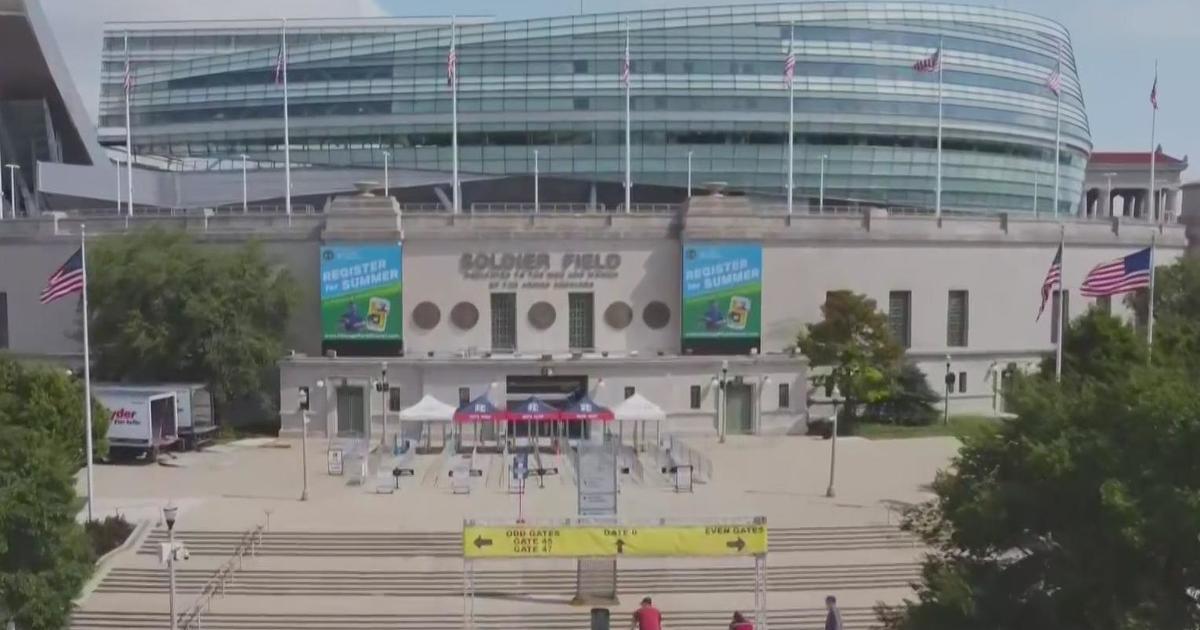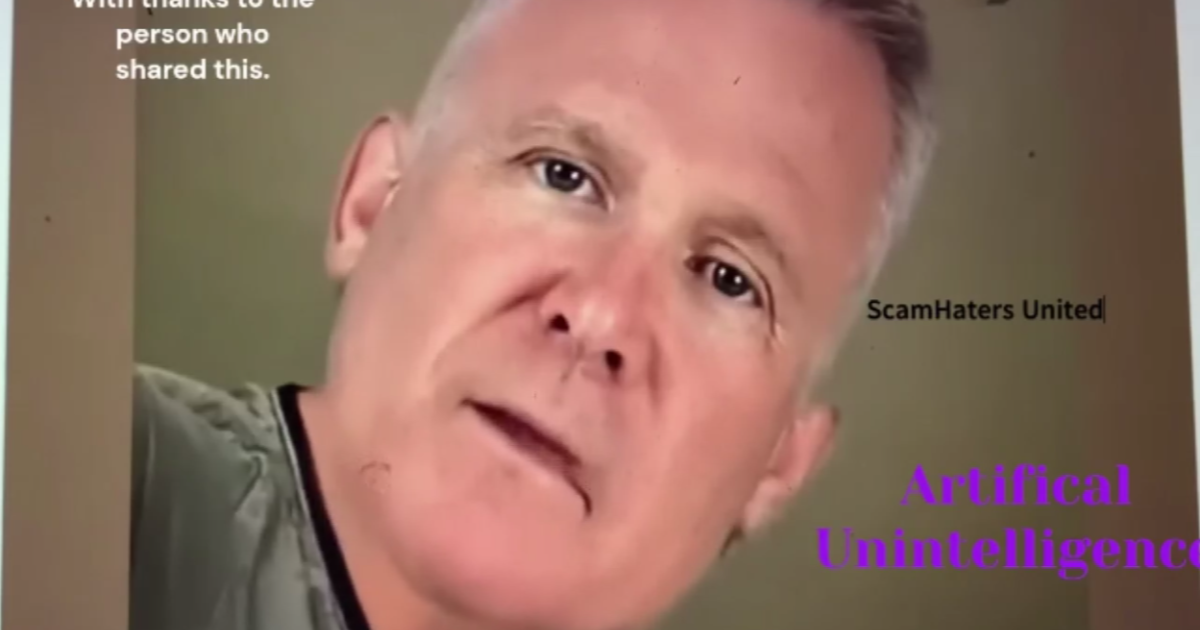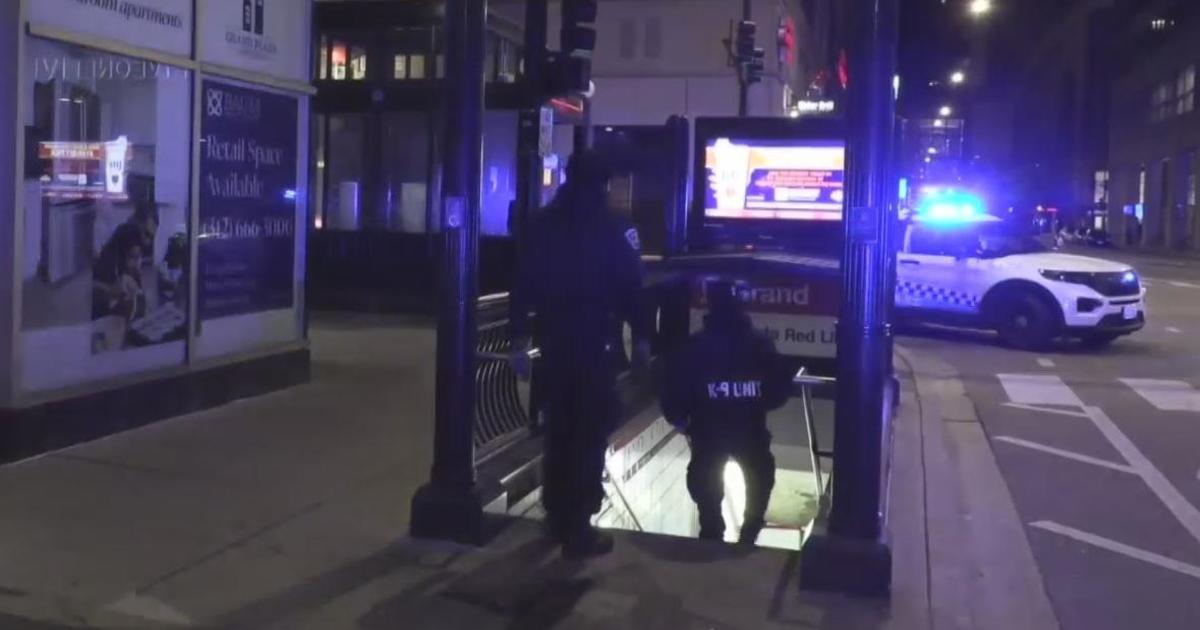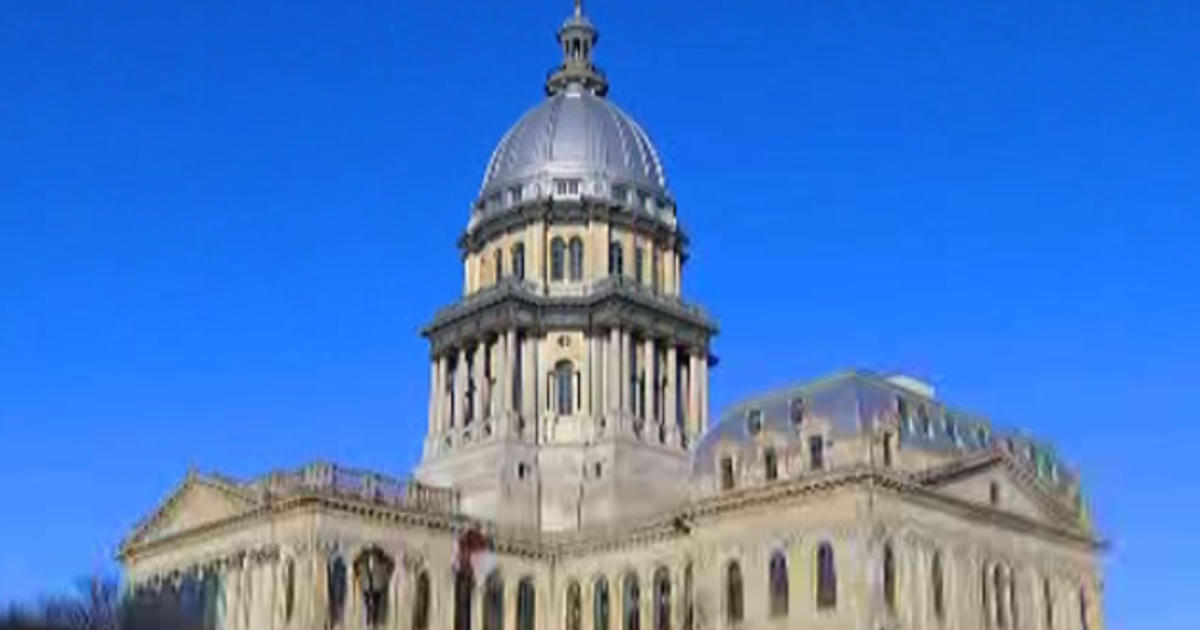Experts Discuss Security In Wake Of Boston Marathon Bombings
CHICAGO (CBS) -- The deadly Boston Marathon bombings have prompted a lot of discussion about the price of having a free society, and how much freedom Americans might have to give up to stay safe.
WBBM Newsradio Political Editor Craig Dellimore reports several security experts held a forum in downtown Chicago on Wednesday to discuss public safety issues in the wake of the bombings.
Forum Focuses On Security
Former federal prosecutor and onetime Chicago inspector general David Hoffman told the Union League Club forum, for him, the question after the Boston attack was whether more restrictions on civil liberties would be too high a price for more security.
"And, therefore, we have to live with those future acts of violence and death to preserve our freedom, or not; or it's an intrusion we can live with. So, for me, I think that's the balance," he said.
Civil liberties attorney Thomas Durkin said he doesn't think it should be a balance at all.
"I don't think the question should be permitted to be 'Can we live with these intrusions?' because, by inviting that question to be the discourse and what we're going to talk about, we are ultimately going to concede that we have to give up our liberties," he said.
Durkin said, once people give up certain liberties for security, they never get those freedoms back.
Both agreed, however, there are dangers in allowing invasions of personal privacy, and in allowing unfettered surveillance of private communications in the name of security
A top Transportation Security Administration official provided an example of how airport screeners use techniques to avoid racial profiling while continuing their work to keep airports and airplanes safe.
Kathleen Petrowsky, federal security director for the TSA at O'Hare International Airport, said they use bomb-detecting dogs, roving security teams, and more to keep the skies safe.
"The TSA also has a program referred to as SPOT: Screening Passengers by Observation Technique," she said.
Petrowsky explained the TSA has behavior detection officers (BDOs) who look for people showing unusual stress, or trying to avoid attention.
"We have established a baseline for what is considered normal behavior in a transportation environment, and that includes some level of stress and nervousness," she said. "BDOs look for behaviors that deviate from the baseline, and then they focus appropriate resources to determine if such an individual presents a higher risk."
She said that method is the exact opposite of racial profiling, because it doesn't rely on ethnicity at all, only on behavior.



